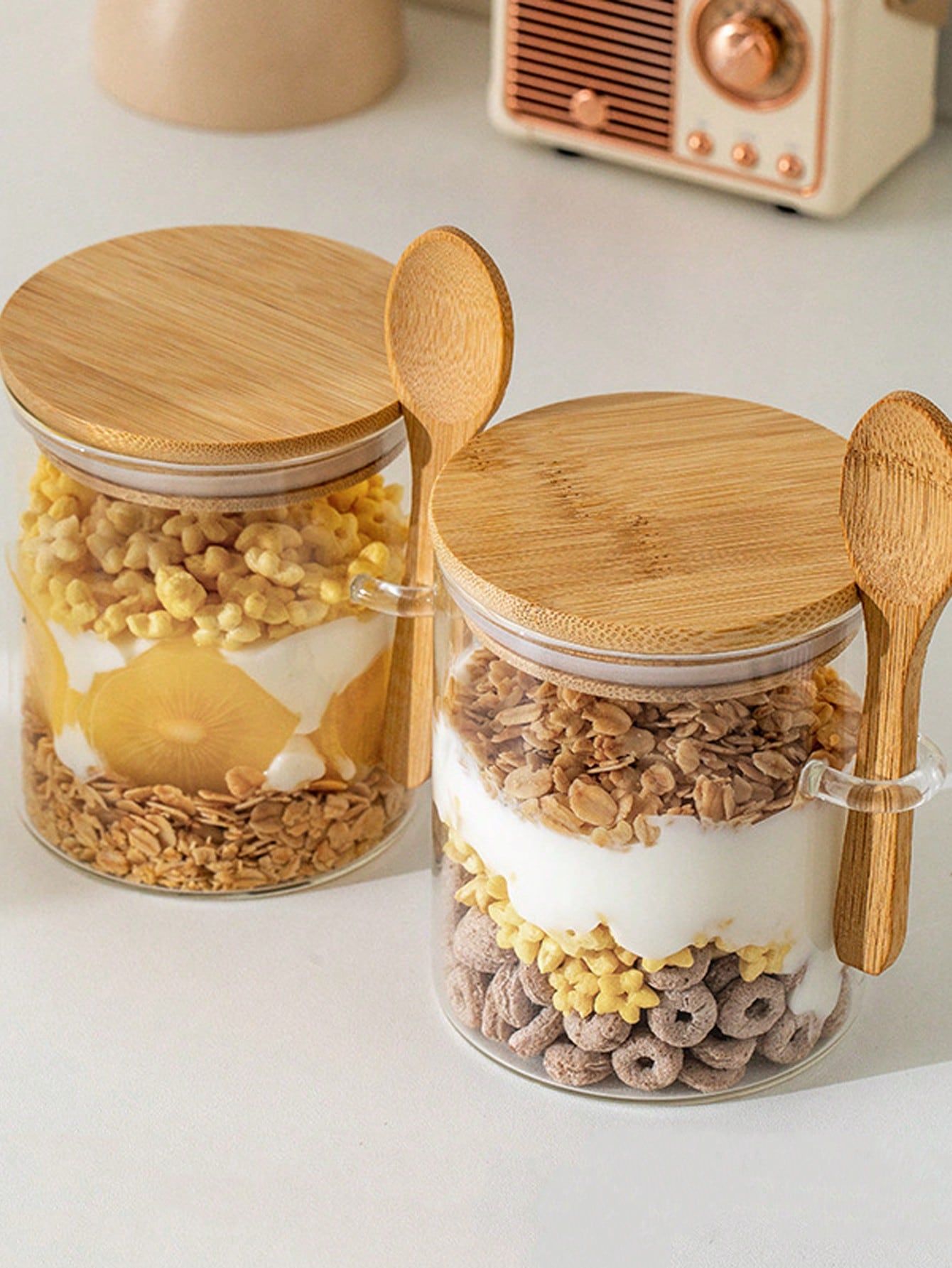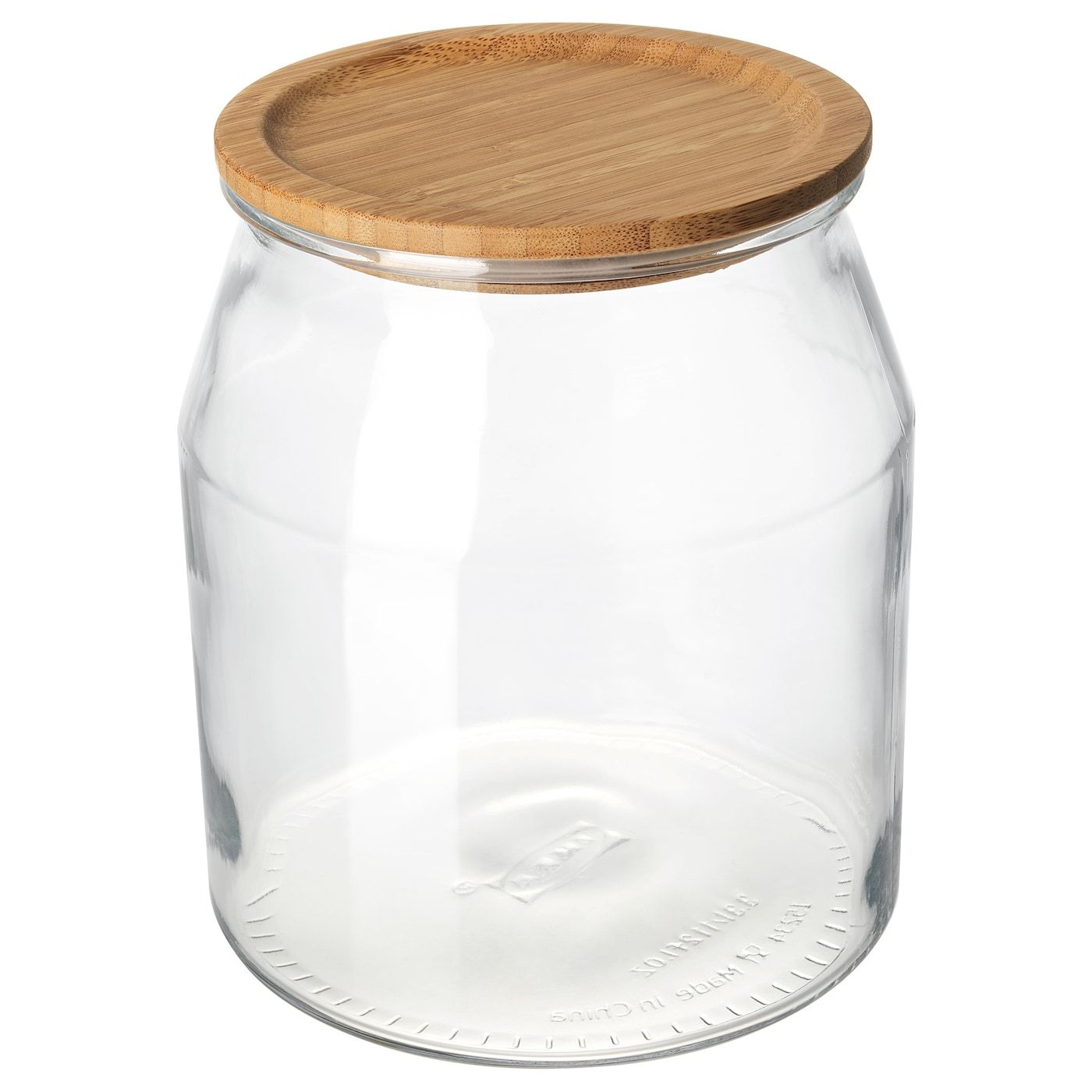As global awareness of environmental issues grows, more people are embracing a zero-waste lifestyle, focusing on reducing their ecological footprint through mindful consumption. Bamboo, a rapidly renewable resource, has emerged as a key material in this movement, offering sustainable alternatives to plastic and other non-renewable materials.
The Versatility of Bamboo
Bamboo’s versatility is one of its greatest strengths. From kitchenware to personal care items, bamboo products are increasingly replacing traditional materials that contribute to pollution. For example, bamboo toothbrushes, reusable bamboo cutlery, and bamboo straws are popular choices for those seeking to minimize their use of single-use plastics. Additionally, bamboo’s natural properties—such as its strength and resistance to moisture—make it ideal for a variety of applications, including kitchen utensils, storage containers, and even furniture.
Environmental Benefits of Bamboo
Bamboo is not just versatile; it’s also incredibly eco-friendly. As one of the fastest-growing plants on Earth, bamboo can be harvested in a short period without the need for replanting. This rapid growth rate allows for continuous supply without depleting resources. Furthermore, bamboo cultivation requires minimal water and no pesticides, making it a low-impact crop. Its deep root system also helps prevent soil erosion, contributing to healthier ecosystems.
Moreover, bamboo products are biodegradable, unlike plastic, which can take centuries to decompose. By choosing bamboo, consumers can reduce the amount of waste that ends up in landfills and oceans, supporting a cleaner, healthier planet.
Bamboo in the Global Market
The demand for bamboo products is on the rise as more consumers and businesses recognize their environmental benefits. The global market for bamboo goods has expanded, with companies offering a wide range of products that cater to different aspects of a zero-waste lifestyle. From reusable bamboo bags to bamboo-based textiles, the options are vast and continually growing.
This trend is also driven by government regulations and initiatives promoting sustainable practices. Many countries are encouraging the use of renewable resources like bamboo to meet environmental goals, further boosting its market presence.
Adopting a Zero-Waste Lifestyle with Bamboo
Incorporating bamboo products into daily life is a simple yet effective way to contribute to a zero-waste lifestyle. Whether it’s swapping out plastic items for bamboo alternatives or choosing bamboo-based packaging, every small change adds up to a significant impact. Businesses can also play a crucial role by offering bamboo products and educating consumers on their benefits.
As the world moves towards more sustainable living, bamboo stands out as a powerful ally in the fight against waste. By embracing bamboo products, individuals and companies alike can take meaningful steps towards a greener future, ensuring that the planet remains healthy for generations to come.
Post time: Aug-20-2024








